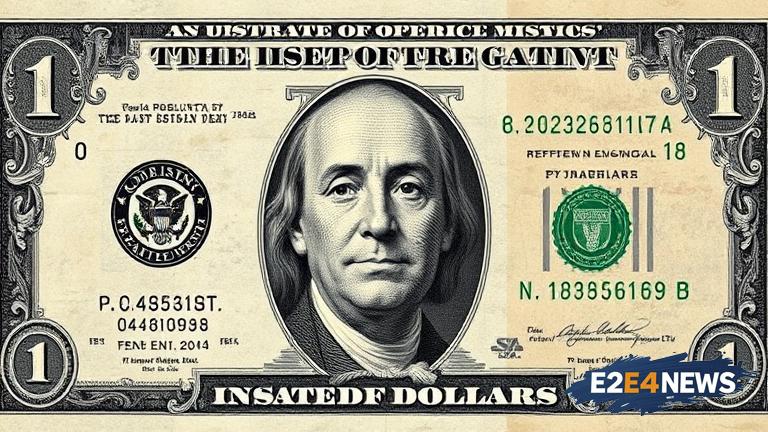The Trump administration has introduced a new bill that seeks to reduce foreign aid and funding for public media, a move that has been met with criticism from various quarters. The bill, which is part of the administration’s efforts to reduce government spending, aims to cut millions of dollars in funding for foreign aid programs and public media outlets. The proposed cuts have been justified by the administration as a necessary measure to reduce the national debt and prioritize domestic spending. However, critics argue that the cuts will have far-reaching consequences, including undermining the country’s global influence and compromising the quality of public media. The bill has been met with opposition from lawmakers, who argue that the cuts will disproportionately affect vulnerable populations and undermine the country’s ability to promote democracy and human rights abroad. The proposed cuts to foreign aid are particularly significant, as they will affect programs that provide critical assistance to countries in need. The bill also targets funding for public media outlets, including NPR and PBS, which have been accused by the administration of promoting liberal bias. The cuts have been condemned by journalists and media experts, who argue that public media plays a critical role in promoting informed citizenship and holding those in power accountable. The controversy surrounding the bill has sparked a wider debate about the role of government in funding public media and foreign aid programs. While some argue that the cuts are necessary to reduce government spending, others argue that they will have long-term consequences for the country’s global influence and reputation. The bill has also been criticized for its potential impact on the country’s ability to respond to global crises, including humanitarian disasters and conflicts. Furthermore, the cuts to foreign aid programs will likely have a disproportionate impact on vulnerable populations, including refugees and women. The administration’s efforts to reduce funding for public media have also been seen as an attempt to undermine the independence of the media and compromise the quality of journalism. In response to the proposed cuts, lawmakers and advocacy groups have launched a campaign to protect funding for foreign aid and public media programs. The controversy surrounding the bill is likely to continue, with lawmakers and advocacy groups pushing for alternative solutions that prioritize funding for critical programs. The outcome of the debate will have significant implications for the country’s global influence, reputation, and ability to promote democracy and human rights abroad. The bill is a significant development in the ongoing debate about the role of government in funding public media and foreign aid programs, and its outcome will be closely watched by lawmakers, journalists, and advocacy groups.
